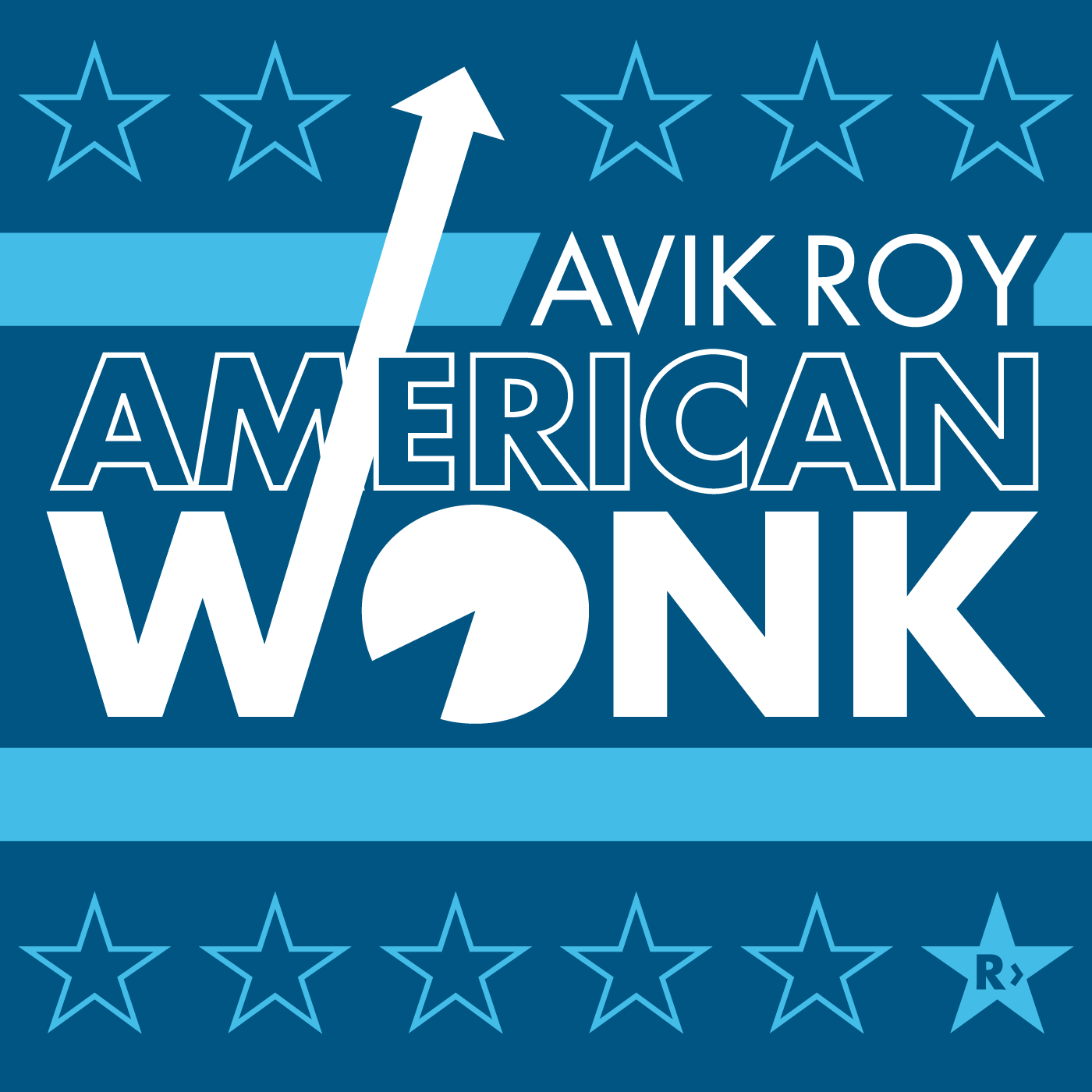 Blue Apron,
Blue Apron,  SimpliSafe
SimpliSafe On this month’s episode of American Wonk, our topic is: What the heck is going on between Donald Trump, James Comey, and Russia? Is there fire underneath all that smoke? Is the President in any kind of legal jeopardy?
To answer these questions, we needed to go to someone who could wonk out with us on both foreign policy and constitutional questions, and so we’re very fortunate to have John Yoo join the program.
More







 Casper
Casper
 DonorsTrust
DonorsTrust Patriot Mobile
Patriot Mobile

 What’s the difference between believing a lie and being blinded by ideology? AEI’s
What’s the difference between believing a lie and being blinded by ideology? AEI’s 

 In the latest installment of American Wonk, Avik Roy sits down with Scott Winship—an expert on income equality at the Manhattan Institute and Forbes—to discuss the latest intellectual frenzy on the left: Thomas Piketty’s book
In the latest installment of American Wonk, Avik Roy sits down with Scott Winship—an expert on income equality at the Manhattan Institute and Forbes—to discuss the latest intellectual frenzy on the left: Thomas Piketty’s book